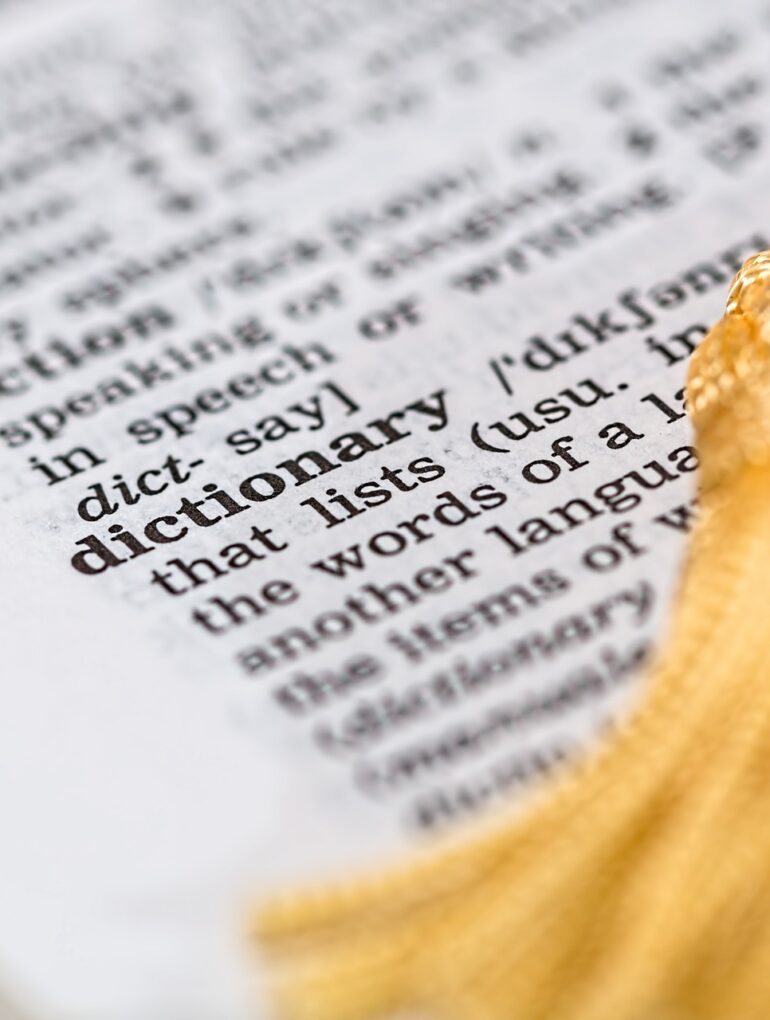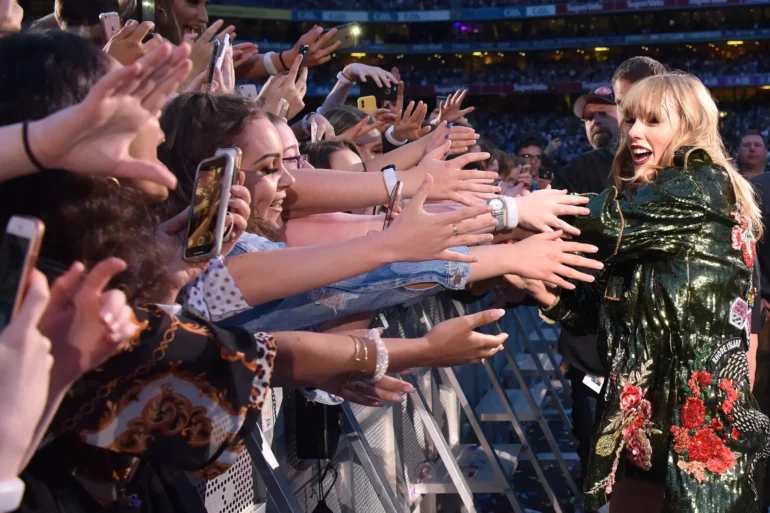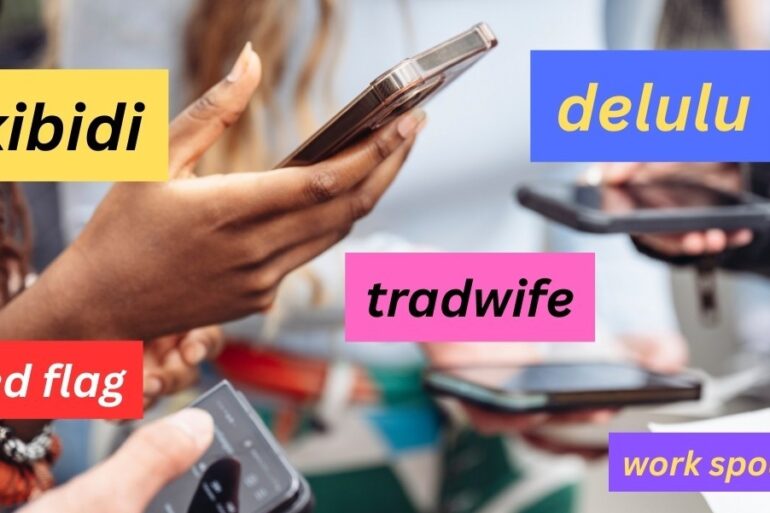This year’s picks are but a reflection of social media’s enduring—and inescapable—power.
We all know how pervasive social media’s influence is. From politics to fashion, its ability to spur trends and catapult ordinary people to fame (or infamy) is undeniable. And this year’s picks for Word of the Year are but a reflection of its enduring—and inescapable—power.
Dictionary.com, for instance, has picked “demure” as its Word of the Year, a nod to the viral social media clip created by American TikToker Jools Lebron.
To refresh your memory, earlier this year, the Chicago-based content creator uploaded a video of herself sitting in her car, where she asks while looking into the camera: “You see how I do my makeup for work?”
Related story: In a time of AI and delulus, ‘authentic’ is Merriam-Webster’s 2023 Word of the Year
Related story: Oxford’s Word of the Year is ‘rizz.’ Here’s the year in words or a cultural snapshot of 2023
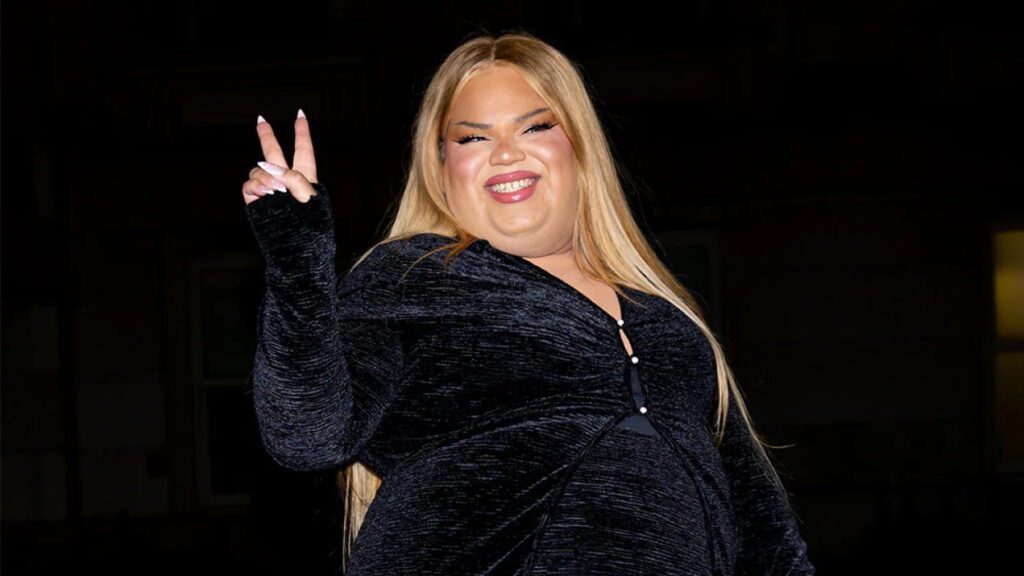
She continues: “Very demure, very mindful. … I don’t look like a clown when I go to work. I don’t do too much. I’m very mindful while I’m at work. See how I look very presentable? The way I came to the interview is the way I go to the job.” Audio from the video went viral, particularly the phrase “very demure, very mindful.”
Lebron, who identifies as a transgender woman, was able to use her newfound fame to clinch partnerships with brands among other opportunities, which she said allowed her to finance the rest of her transition, per a report in The Smithsonian magazine.
To come up with its annual selection, Dictionary.com’s lexicographers analyze a wealth of data—including newsworthy headlines, search engine results and social media trends. For this year, the word “demure” dominated the cultural zeitgeist, with its online usage seeing a meteoric rise of 1,200% between January to August, according to a statement from Dictionary.com.
Searches for “demure” on the online dictionary platform’s website were “200 times greater than their previous rate,” the statement adds. It also explains that while the initial trend has mellowed down, the word remains five times more popular on Dictionary.com than it was before its viral moment.
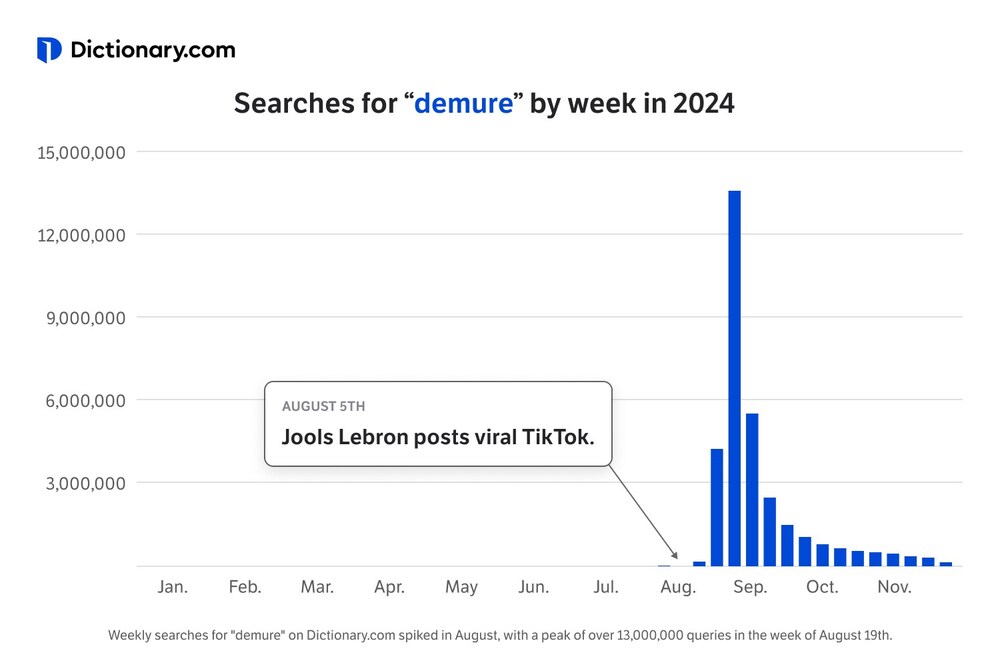
Popularity, however, isn’t the only factor Dictionary.com lexicographers consider when determining the Word of the Year. Their choice serves as a “linguistic time capsule” that reveals “the stories we tell about ourselves and how we’ve changed over the year,” according to the dictionary’s statement.
Dictionary.com’s official definition of demure is “characterized by shyness and modesty; reserved.” But after it went viral, its meaning began to evolve. Now, it’s also being used to describe “refined and sophisticated appearance or behavior in various contexts, such as at work or on a plane.”
Alongside “demure,” Dictionary.com identified five other words on the shortlist that shaped the cultural conversation in 2024: “brainrot,” “brat,” “extreme weather,” “midwest nice,” and “weird.”
Last year, its Word of the Year was “hallucinate,” a verb that gained popularity alongside the rise of artificial intelligence. Just like “demure,” its meaning underwent a transformation due to a tech-related phenomenon. In the context of AI, “hallucinate” means “to produce false information contrary to the intent of the user and present it as if true and factual.”
Related story: You can now find katsu, takoyaki, and other yummy Japanese dishes in the Oxford English Dictionary
Related story: How to slay Gen Z Jargon 101
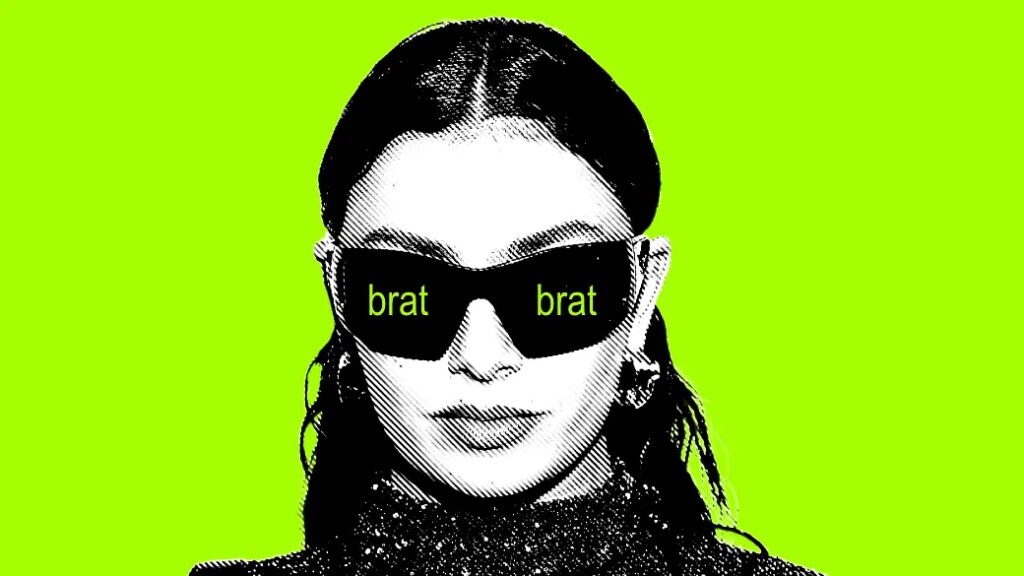
Meanwhile, Cambridge Dictionary has also revealed its Word of the Year. It picked “manifest,” a verb which, according to its own definition, means “to use methods such as visualization and affirmation to help you imagine achieving something you want, in the belief that doing so will make it more likely to happen.”
Like “demure”, “manifest” is not a new word. In fact, it’s estimated to be 600 years old. Also like, “demure,” “manifest” was one of the most-searched terms on the Cambridge Dictionary website this year. Its popularity can be attributed to performers, athletes, and entrepreneurs, who began using it on social media and beyond.
Earlier this month, Collins English Dictionary also announced its Word of the Year: “brat.” The word is also one of the most talked about words of 2024, due largely to Charli XCX’s album of the same name. The dictionary defines the adjective “brat” as, “characterized by a confident, independent and hedonistic attitude.”
Collins explained its choice in a statement: “More than a hugely successful album, ‘brat’ is a cultural phenomenon that has resonated with people globally, and ‘brat summer’ established itself as an aesthetic and a way of life.”
According to a report on USA Today, Charli XCX’s “Brat” album, which was released in June, was a huge cultural success, with the bright “brat green” color dominating summer outfits and the “Apple Dance” dominating social media.
Related story: Amid a tumultuous time, a shade that conveys ‘compassion and empathy’ is Pantone’s color for 2024

